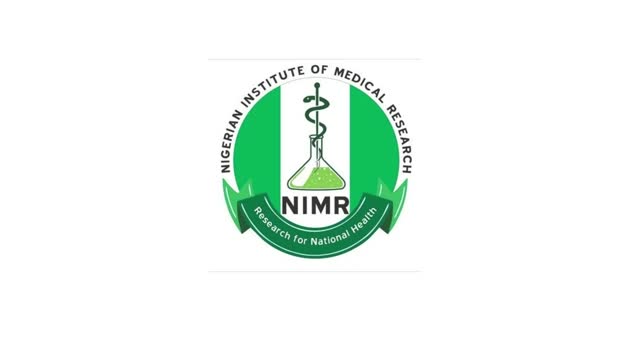By Muhammad Amaan
The Nigerian Institute of Medical Research (NIMR) has revealed plan to tackle local health challenges with homegrown vaccines as part of activities to transform the institute in 2025.
The Director-General of NIMR, Professor John Obafunwa, said one of the key areas of focus for NIMR in 2025 is developing vaccines targeted at local health challenges, such as Lassa fever and other emerging infectious diseases.
He explained that a recent collaboration with international partners, including a South African team charged with producing a COVID-19 vaccine for Africa, is expected to enhance NIMR’s capabilities in vaccine production.
Speaking with newsmen in Lagos, the NIMR DG said the agency had already held a Zoom meeting with the Director General of the Nigerian Centre for Disease Control (NCDC), to discuss vaccine production for Lassa fever, with hopes that by next year, progress will be made on this front.
Prof. Obafunwa added that while NIMR faces the challenge of securing adequate funding for these ambitious projects, particularly from the Nigerian government, there is optimism about the potential for locally produced vaccines to address specific diseases.
“Another significant research initiative involves chronic diseases such as hypertension, diabetes, and certain types of cancer, which have increasingly become prevalent in Nigeria.
“NIMR is exploring the unique environmental and genetic factors that may contribute to the rise of these diseases, including the aggressive forms of breast cancer seen in people of African descent.
“There is also a focus on the genetic screening of children for diseases that may be genetically determined, to improve early diagnosis and intervention.
“The institute is also working closely with the Institute of Human Virology, Lagos State, and other local health agencies to address common diseases like tuberculosis, malaria, and cholera,” he stated.
The DG recalled that in a recent collaboration, NIMR helped analyse cholera samples, contributing to the containment of a recent outbreak.
He noted that while NIMR’s role may be limited to sample analysis rather than field interventions, its contributions remain vital in controlling infectious diseases.
In line with these developments, Prof. Obafunwa called for a shift in attitude and cooperation across departments.
He emphasised the need for a personal commitment to service, urging Nigerian researchers to prioritise doing what is right without external oversight.
He also envisioned a more harmonious working relationship between senior and junior staff, with an emphasis on improving service delivery across the board.
He said the centre is positioning itself as a central player in addressing Nigeria’s health challenges, with a focus on local research and innovations that can improve public health and contribute to global solutions.




